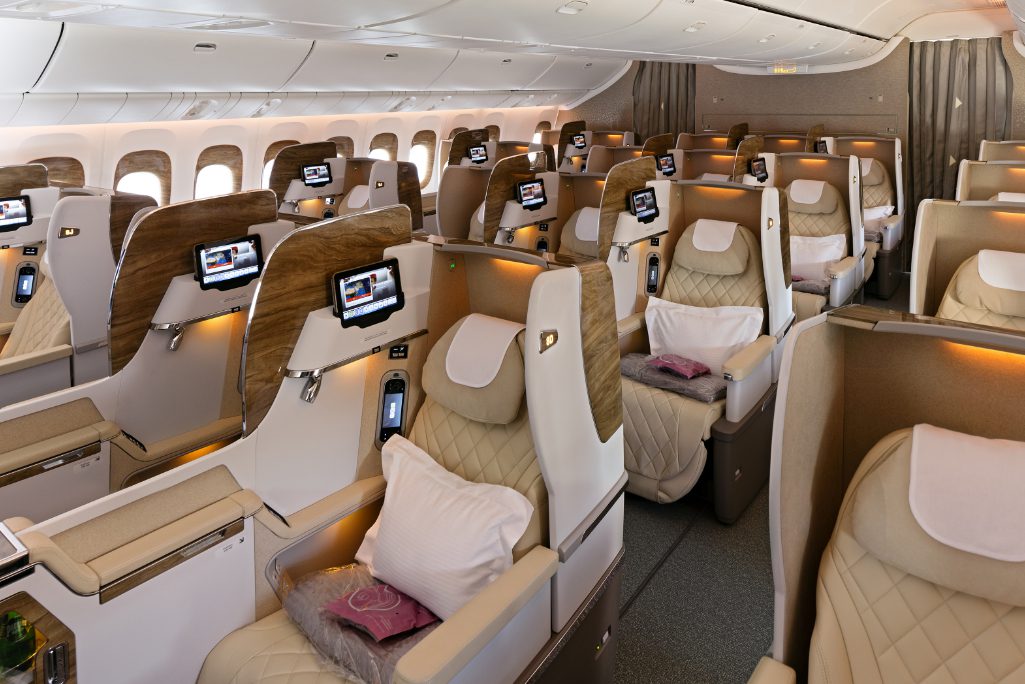Emirates Rolls Out Instant Direct Payment Method for Travel Bypassing Credit Card Issuers

Skift Take
This tech move is part of a broader shakeup. Travel companies are looking to bypass credit card networks with "alternative payments" to slash processing fees.
Emirates is rolling out a way for travelers to pay for tickets directly from their bank accounts into the airline's bank account via an industry-run system, the company said on Monday. The move comes as many travel companies are eager to push consumers away from credit and debit card payments as cheaper options become commercially available.
Branded Emirates Pay, the solution lets consumers in Germany and the UK purchase tickets at the airline's website by directly debiting their bank accounts.
The Dubai-based carrier is the first airline to use a white-label system jointly developed by the International Air Transport Association (IATA) and financial partners, which in Europe includes Deutsche Bank, which exchanges the data needed to initiate payments. So-called IATA Pay is

